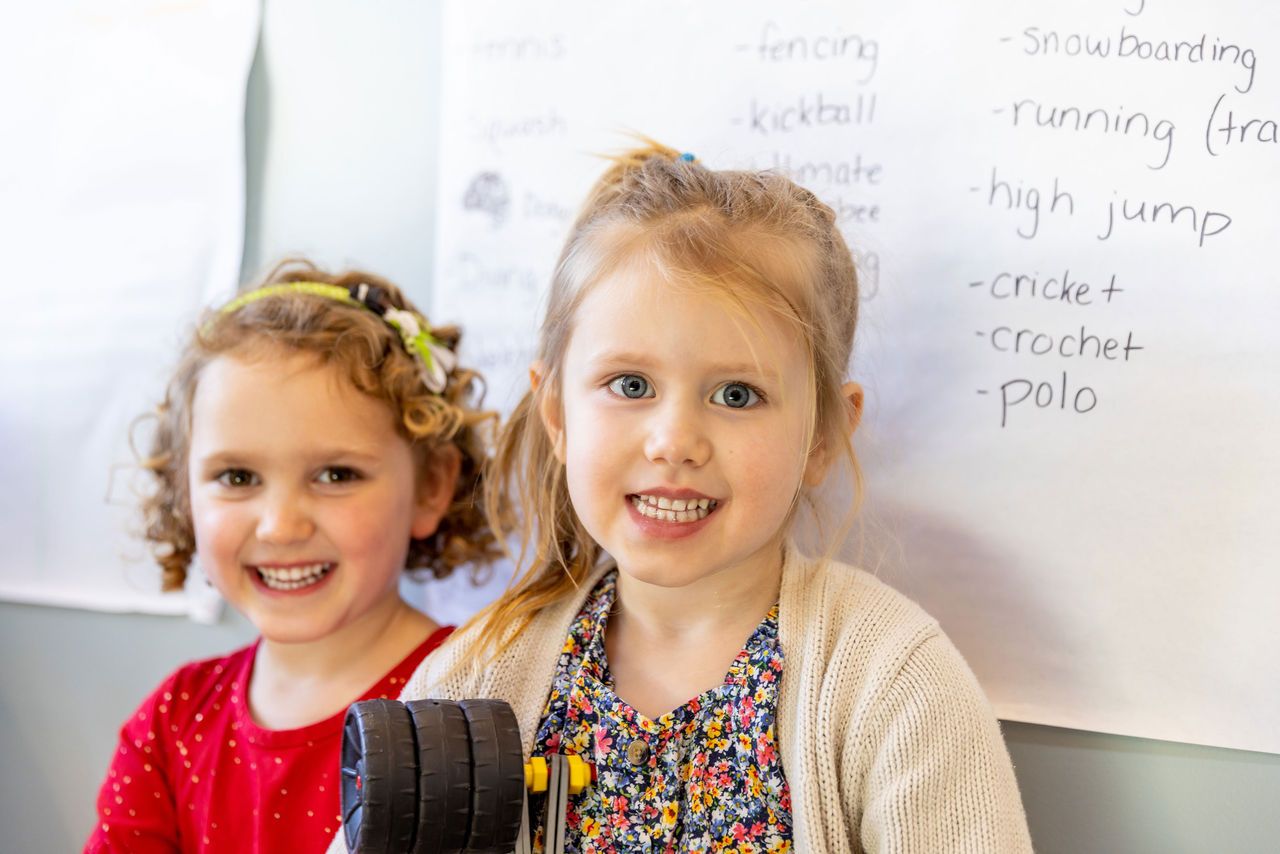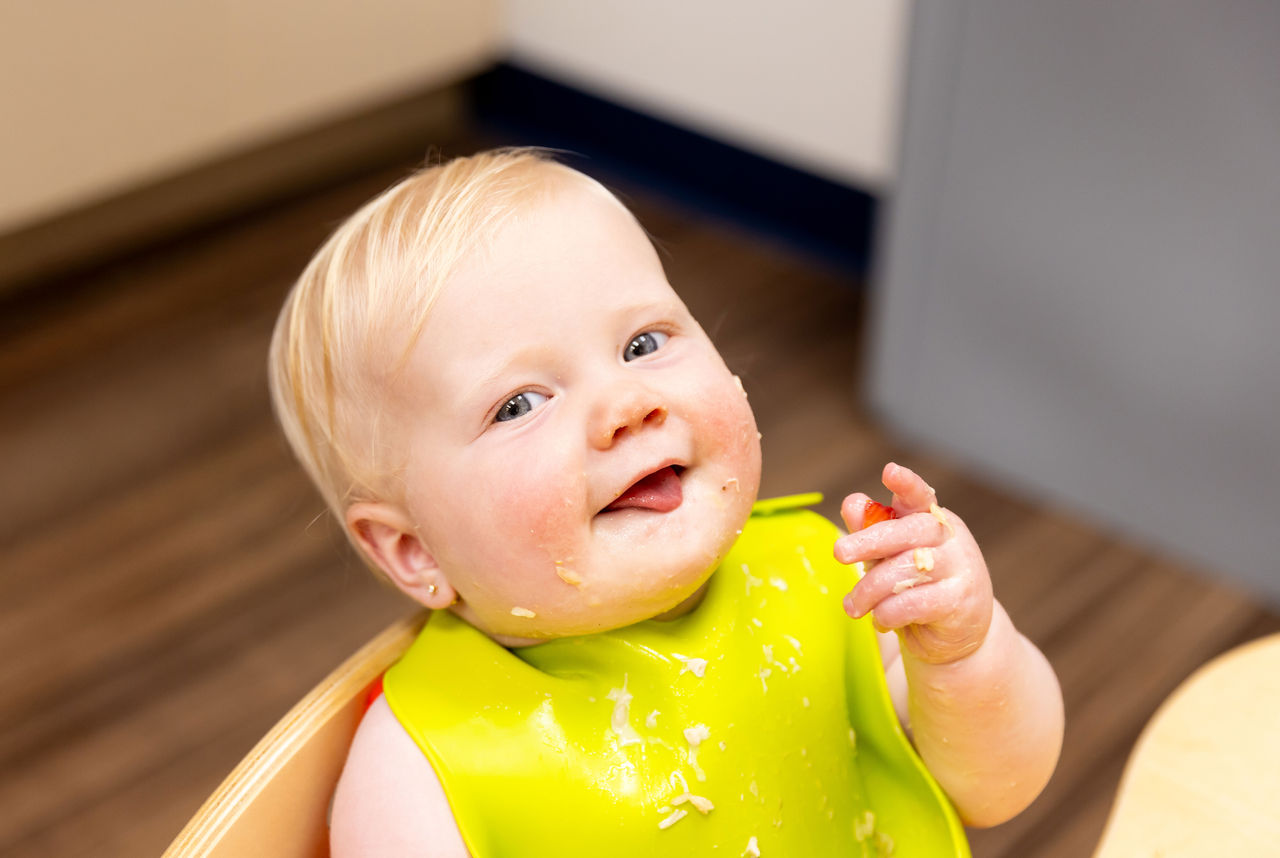After the holidays, it is hard to get back into routines, but that is exactly what will relieve stress, create calm and get things under control. In general, waking up, eating, playing, sleeping and then doing these things all over again is the infrastructure of children’s routines. The sequence matters more than the time allotted to each activity. Familiar soft toys or blankets, foods, toys, games, songs, diapering routines and bathing routines all smooth the journey for both the child and the parent because they are comforting and restorative.
Here are some tips to help you back into your routines:
- Routines need some stretch, so don’t be dogmatic, and be playful. Our preschoolers loved family picnics in their play spaces;
- Talking with children about routines as “just the way we do things” can reduce power struggles over who is the boss of what happens next in the day, including when to go to sleep;
- As the children learn the rhythm, parents can back off a bit so that the children can enjoy the fullness of being in charge of themselves for a while, but we all learn the price, especially over the holidays, of backing off too far. Flexibility is appropriate, but the sequence rules;
- All this can make it seem that the earlier routines are established, the better. It takes time and a lot of watching and input from spouses and friends before we can see patterns emerge, and they will if you feed your children when they are hungry, change them when it’s needed and put them to bed when they are tired. Soon, your child will be eating at the time when she is usually hungry, seeking a play partner at the time when she is usually social and drifting off at the time when she is usually sleepy. Bingo! This fairly predictable pattern has become a routine. To push your own agenda too early means you will spend far more time managing meltdowns than you would have spent building and maintaining routines;
- It’s the unpredictable changes that come along in life, such as deaths, friends moving away, sicknesses or the losses of pets, that are the hardest times for families, so practicing manageable change in the structure of routines helps families prepare for those inevitabilities.




